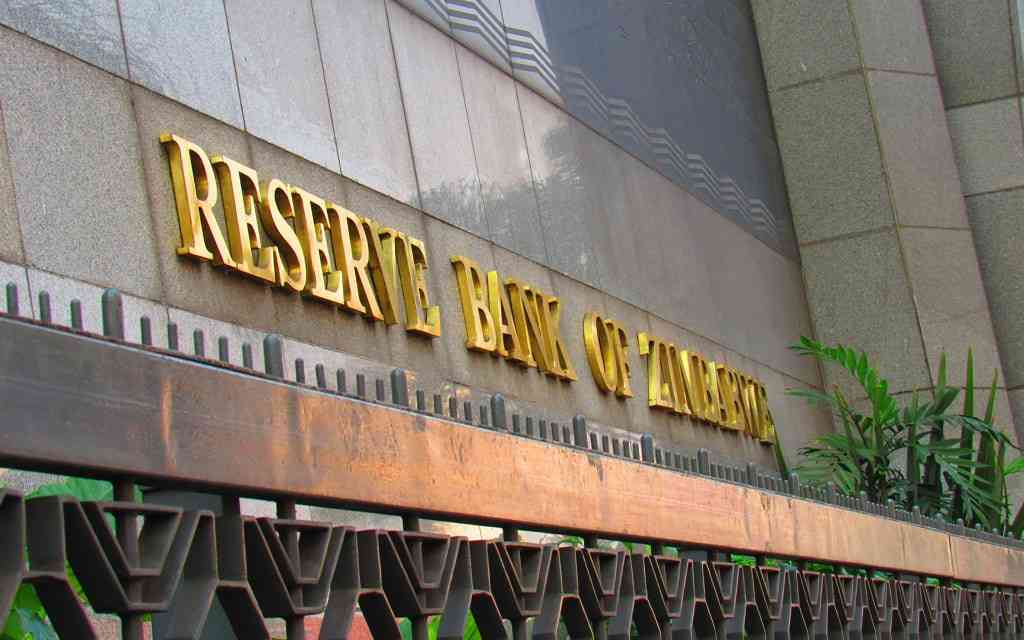
ZIMBABWE has a weak Parliament which is failing the country in terms of monitoring the debt that keeps surging, placing the southern African nation in a distress position, market watchers have said.
According to the 2024 national budget, the total external debt stock as at end September 2023 amounted to US$12,7 billion, including liabilities on the central bank balance sheet assumed by Treasury.
Of the total external debt stock, the bilateral and multilateral debt amounted to US$9,1 billion, of which 76% are principal arrears, interest arrears and penalties.
A local governance expert Vincent Chakunda told NewsDay Business that Zimbabwe was in a weak position to repay its debts.
The debt is largely driven by arrears as the country continues to default on its obligations.
“One of the challenges relating to the growth of this debt is interest on arrears,” Chakunda told NewsDay Business.
“We are seeing the debt growing and it speaks to our weak repayment capacity and then interests are now accumulating on arrears. Sometime in 2018, (Finance minister Mthuli) Ncube borrowed about US$1,3 billion from China apparently without seeking the approval of Parliament.
“It caused a lot of stir during the time when Honourable (Former finance minister Tendai) Biti (and) former MP, sat on the Public Accounts Committee. And it also brought into question the oversight capacity of Parliament to monitor the debt.
- Cars up for grabs in batteries competition
- Africa should be better prepared for Europe’s security funding shift
- Sadc PF wants right to health enforceable
- AG’s report shows growing impunity at the heart of govt operation
Keep Reading
“So generally, we have seen growth of the debt, but my position is that Zimbabwe is currently weakly positioned to pay or to meet its obligations in paying for its arrears.”
Noting that there was evidence of further borrowing that was done without the approval of Parliament, he added: “I think you can tell by the activities in the economy, the extent to which they can generate sufficient resources to be spread around the key areas demanding financing, including debt repayment itself. So these are some of the issues.
“But perhaps what I want to raise as more critical is the aspect of oversight. How much is Parliament monitoring the growth of the public debt to the extent that all new debt acquisitions are actually in the best interest of the development of the country?
“I think from that end, our Parliament is generally weak. Why? Because we have seen executive behaviour, particularly in spending terms, that is not in tandem with the capacity of our economy.”
Zimbabwe Coalition on Debt and Development economist Zvikomborero Sibanda said the country will continue to be trapped in debt distress.
“We are now spending more money on debt servicing than would be on service delivery. So you see the opportunity cost in terms of service delivery, the budget is actually fulfilled only about 53%,” he said.
“So, this is showing that we have higher demand for spending so that we improve social delivery services, we improve infrastructure, but because we are a highly indebted country, we are now struggling to pay off our debts, and at the same time we’re also now struggling to access new concessionary lines of credit.
“And so you can see that the budget is now over-relying on domestic resources, particularly on taxes. The taxes have actually gone higher. So many taxes are introduced which have repercussions on the welfare of the citizens.”











